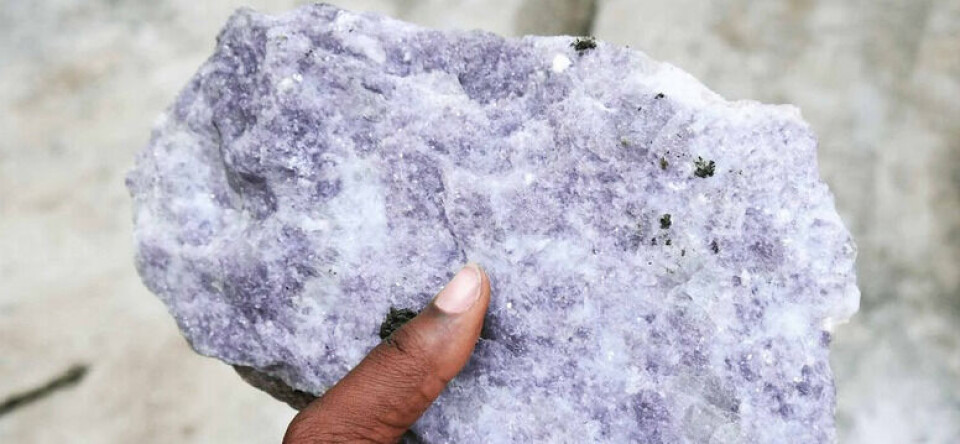There has been much controversy about lithium mining in Africa and where the raw materials are processed. In recent weeks Namibia has prohibited the export of unprocessed lithium ore, but at the same time, the High Court has suspended a decision to revoke a lithium mining licence granted to a Chinese-linked mining company. This creates a conflicting situation.
In September 2022 Xinfeng Investments (Pty) Ltd, a private company registered in Namibia was granted a mining licence in terms of the Minerals (Prospecting and Mining) Act. However, on 28 April 2023, the Minister of Mines and Energy revoked the licence and instructed Xinfeng to cease all mining operations, leave the mining site, and hand back the licence by 31 May 2023. According to the minister, Tom Alweendo, Xinfeng obtained the licence fraudulently by deliberately including misleading, untrue and incorrect information in the licence application documents.
Xinfeng approached the High Court for an urgent interim interdict to suspend the implementation of the minister’s decision pending a review of that decision on the grounds that the minister did not have the power to revoke the licence.
While the urgent application was proceeding, the minister made a submission to the Cabinet to prohibit the export of certain critical minerals, such as unprocessed crushed lithium ore, cobalt, manganese, graphite, and rare earth minerals. The Cabinet approved this submission on 6 June 2023, essentially banning the export of raw lithium and requiring that such lithium be processed locally. The minister will now also have discretion when it comes to the export of small quantities of specific minerals.
Three weeks later the High Court granted an order interdicting and restraining the minister from implementing, in any manner, his decision to revoke Xinfeng’s mining licence. In his judgement, Acting Judge Ramon Maasdorp found that the minister indeed had prima facie evidence that Xinfeng committed fraud in the process of applying for the mining licence. However, he said the minister did not have the power to revoke the mining licence without the express or implied authority to do so under the governing legislation, and he had to approach the court for appropriate relief.
In moving the review application forward, a status hearing was held on 7 July 2023 where the parties were ordered to file the record and exchange affidavits. The matter was postponed 19 October 2023.
In the meantime, Xinfeng can resume mining operations only to the extent the Cabinet decision allows. This means they may not export lithium except in small quantities allowed by the minister at his discretion; the rest of the lithium must be processed locally. However, there are currently no processing plants in Namibia and the government is just beginning talks with investors to build local processing plants.
To join Africa Legal's mailing list please click here

